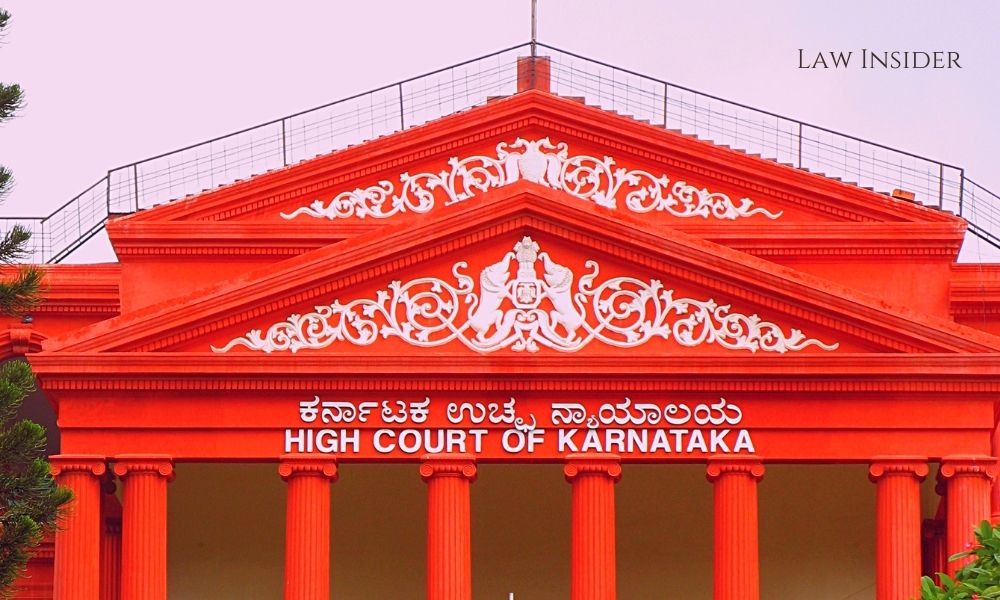LI Network
Published on: October 4, 2023 at 10:48 IST
The Karnataka High Court has reaffirmed that driving a vehicle without a valid license is indeed an offense, but such an act, by itself, may not lead to a finding of contributory negligence against the driver in the event of an accident not caused by them.
In a case before a division bench consisting of Justice Mohammad Nawaz and Justice Rajesh Rai K, the court modified the decision of the Motor Accident Claims Tribunal, which attributed 23% contributory negligence to the deceased due to the absence of a driving license and the motorcycle’s lack of insurance coverage.
The deceased’s parents and minor sister had approached the court seeking an increase in the compensation amount from Rs. 8,86,000 to a total of Rs. 54,50,000.
The accident occurred when a Bolero jeep approached the deceased from the opposite direction, swerving three feet toward the deceased, who was riding on the correct (left) side of the road. The Bolero collided with his motorcycle. The court concluded that the accident was solely due to the reckless and negligent driving of the Bolero driver.
The Tribunal had determined that the deceased did not possess a valid driving license based on the owner’s statement recorded during the investigation. The court stated that this police-recorded statement alone cannot be used as a basis for concluding that the rider did not hold a valid driving license on the date of the accident.
“Furthermore, when there is a clear finding that the accident was solely due to the reckless and negligent driving by the Bolero vehicle driver, who was insured with respondent No.2, the Tribunal was not correct in attributing contributory negligence to the motorcycle rider,” the court added.
As a result, the court held that the Tribunal’s findings, which assigned 25% contributory negligence to the deceased, could not be upheld.
The court also noted that the Tribunal had failed to award any compensation under the category of ‘loss of future prospects.’ Taking the deceased’s age into account, the court determined that 40% of his income should be added for future prospects, with a multiplier of 17 based on his age.
Consequently, the court awarded a sum of Rs. 14,63,700 for loss of dependency and adjusted the compensation amount. “The claimants, namely appellant Nos.1 and 2, who are the parents, are entitled to a sum of Rs. 88,000 for loss of filial consortium. An amount of Rs. 33,000 is granted for loss of estate and funeral expenses. Hence, the claimants are entitled to a total compensation of Rs. 15,84,700, rounded off to Rs. 15,85,000, as opposed to the Rs. 8,86,000 awarded by the Tribunal,” the court stated.
The court further emphasized that the insurer is liable to pay the entire compensation amount.

